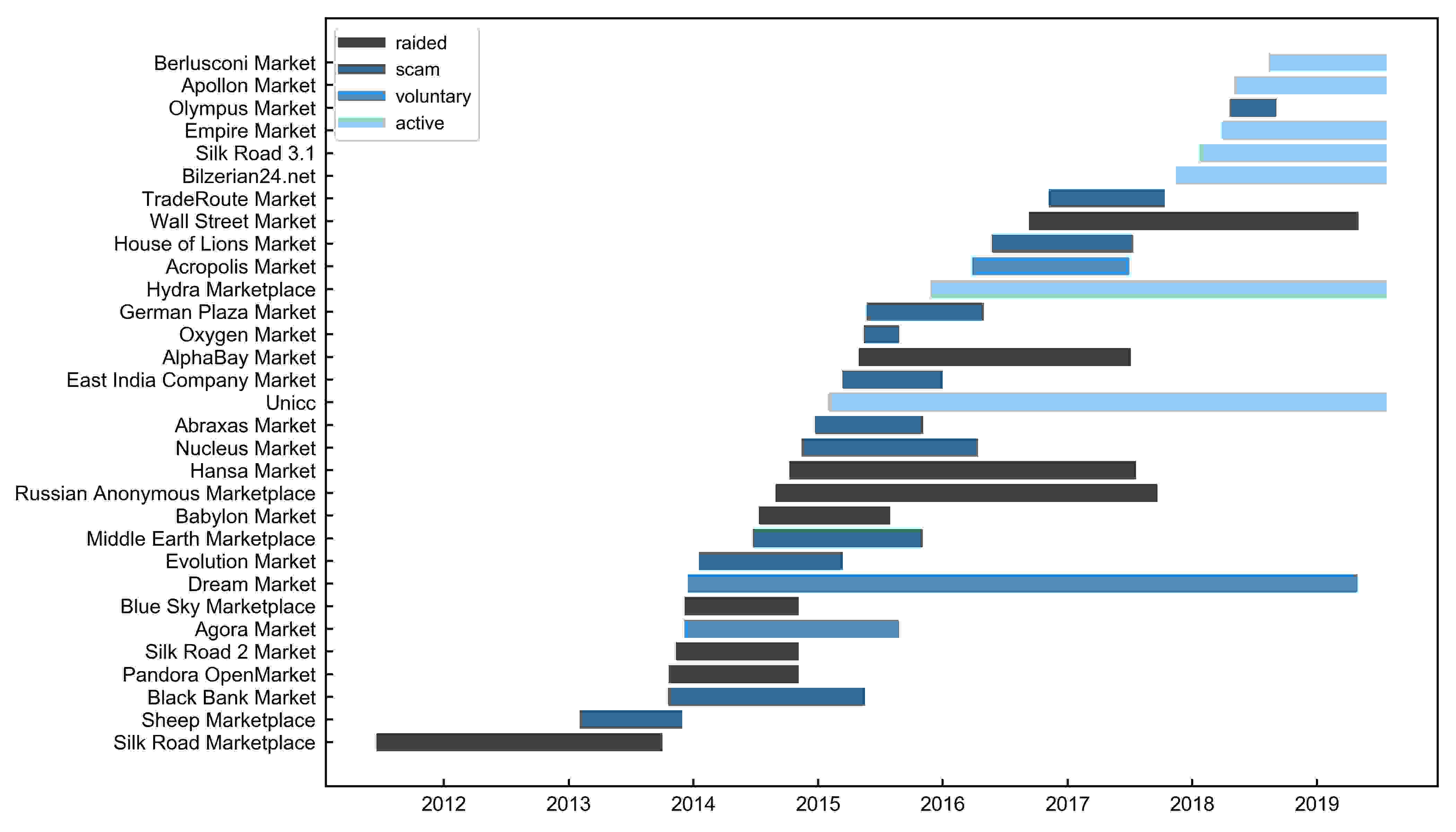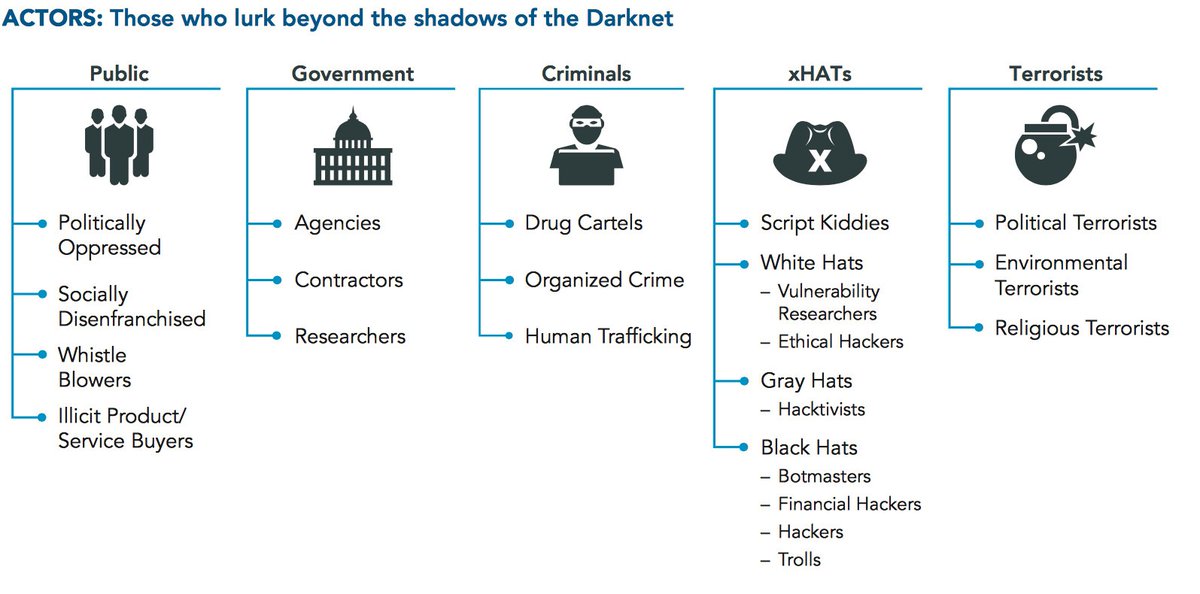Exploring the Abyss: A Handbook for Dark Web Marketplaces
The dark web can be frequently shrouded in mystery and enigma, drawing the imagination of those wondering about its obscure corners. As a part of the broader internet that demands specific software to reach, the dark web contains a variety of markets in which privacy reigns over all. These markets can be a dangerous mix of both illegal activities and a space for unrestricted expression, rendering them a complicated landscape to navigate.

In this guide, we shall delve into the intricacies of dark web markets, analyzing their framework, the goods and offerings they offer, and the risks involved. Grasping the dynamics of these platforms is essential for anyone thinking about exploring the darknet, regardless of whether for academic inquiry, interest, or other purposes. With the right insights, you will be able to more effectively navigate this shadowy realm, conscious of the potential benefits and the inherent risks that come with exploring the darker side of digital commerce.
Comprehending the Dark Web
The dark web refers to a part of the internet that is not cataloged by traditional search engines and requires specialized software to access. Unlike the visible web, which includes everything from social networking to media platforms, the dark web is often wrapped in mystery and is associated with seclusion. Users commonly employ tools like VPNs to navigate this hidden realm, allowing them to browse the internet without revealing their persons or locations.
Within the dark web exists a variety of platforms that cater to different interests, ranging from illegal goods to anonymous communication platforms. These stores operate on particular protocols and utilize digital currencies for exchanges to ensure user privacy. The allure of these markets often draws in individuals looking for items or offerings that are either prohibited or completely unlawful on the indexed web.
While many consider the deep web as a sanctuary for illicit activity, it is important to understand that it also serves authentic purposes. Campaigners, whistleblowers, and individuals living under oppressive regimes use the dark web to communicate freely and share information without fear of suppression or reprisal. Grasping the balance between the beneficial and detrimental aspects of the darknet is vital for navigating its complexities.
Investigating The Dark Web Markets
Dark web markets have gained recognition for their secrecy and unique offerings, often functioning outside the bounds of traditional commerce. These platforms use specific software to mask user identification and transactions, making them appealing to those seeking privacy. While some individuals turn to these markets for legitimate reasons, such as social activism in repressive regimes, others take advantage of them for criminal activities, including the trade of drugs, weapons, and stolen data.
Maneuvering within these marketplaces requires vigilance and an understanding of the dangers involved. Users usually access dark web markets through browsers like Tor, that hides internet traffic. This environment can be daunting, as frauds and fraudulent listings are frequent. To reduce risks, users often rely on reputation systems, reviews, and forums to inform their buying decisions. It's crucial to handle transactions with caution and to be aware of potential legal implications.
Moreover, the dark web markets are not fixed; they frequently change due to police actions and internal struggles. These markets might shut down overnight, or new ones can emerge, each with its specific rules and communities. nexus darknet market url Staying informed about the latest developments, including tips from seasoned users and reports from security experts, can help individuals navigate this shadowy digital landscape more efficiently and lower the likelihood of being a victim of fraud or additional criminal activities.

Security and Dangers in Darknet Deals
Engaging in deals on darknet platforms involves traversing a realm filled with potential dangers. The anonymity provided by the darknet can create a misleading sense of security, leading users to misjudge the threats involved. Users must be aware that while some sellers and consumers operate with relative integrity, the environment remains teeming with scams, deceit, and harmful actors looking to exploit unwary participants.
To enhance security during transactions, individuals should employ a cautious approach by using secure messages and reliable payment methods such as digital currency. This adds a layer of security, making it more difficult for hackers to track or intercept transactions. Additionally, using escrow services, when available, can provide safeguards against failure to deliver by holding funds until both parties agree contentment with the transaction. However, even these steps aren't foolproof, as the trustworthiness of escrow options may vary significantly.
In the end, grasping the intrinsic dangers of dark net transactions is crucial for everyone navigating this obscure environment. Users must stay alert and consistently refresh their knowledge of security practices and evolving risks. By staying aware and implementing strict security protocols, people can better protect themselves while exploring the challenges of the darknet.